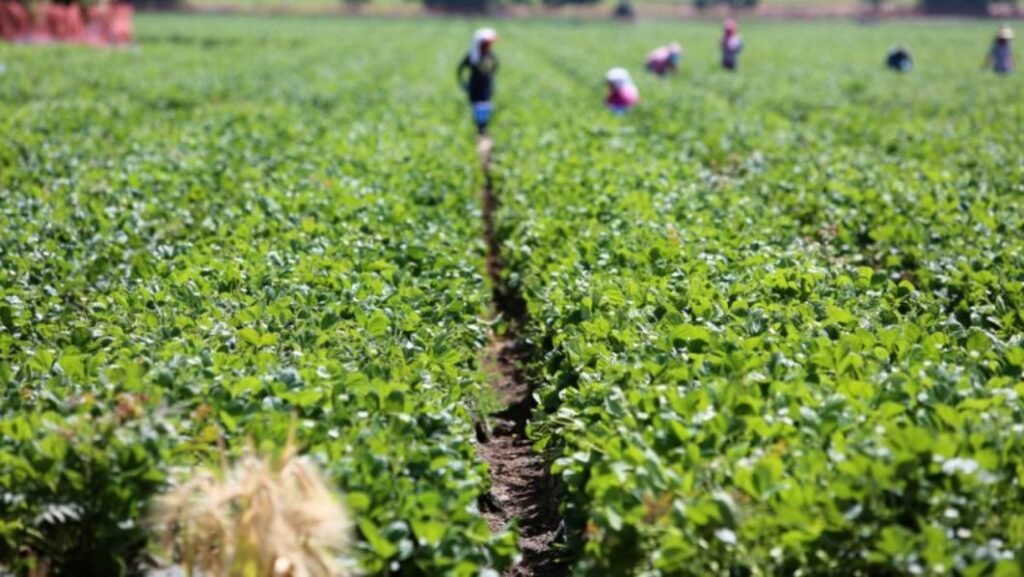The Zuma Agricultural Harvest Festival, Northern Nigeria’s longest-running private sector–led agricultural platform, has officially flagged off the 2025 planting season with a call to deepen support for smallholder farmers and accelerate inclusive rural development.
Held at the historic Kere Ahmed Broadcasting House in Suleja, this year’s planting season launch marks a continuation of the festival’s legacy of advocacy, access, and empowerment for farming communities across Niger State and beyond.
The flag-off ceremony brought together farmers, cooperatives, agribusiness stakeholders, rural radio listeners, and development partners to usher in a season of productivity and hope.
Speaking at the event, the Convener of the Festival and Director of Zuma FM Radio, Shuaibu Kere Ahmed, reaffirmed the festival’s commitment to leveraging media, finance, and community partnerships to improve rural livelihoods. “This flag-off is more than ceremonial—it is a reminder that food security starts with the right support at the right time,” he said.
“Through our rural broadcasts, enterprise training, and extension support, we are ensuring that no farmer is left behind.”
The ceremony also featured testimonies from beneficiary farmers who have received financing, training, and agricultural extension through the Zuma FM Enterprise Development Centre, in partnership with institutions like NIRSAL Microfinance Bank, CBN, and grassroots cooperatives.
This year’s flag-off is themed: “Planting Prosperity, Cultivating Resilience,” reflecting the festival’s holistic approach to rural development—combining agribusiness, financial literacy, women’s empowerment, and climate-smart practices.
Now in its ninth edition, the Zuma Agricultural Harvest Festival has grown into a year-round rural impact platform. From broadcasting weather forecasts and market prices, to facilitating over N200m in farm and SME loans, the festival continues to serve as a lifeline for rural communities.
The organisers say the planting season flag-off will be followed by a series of town hall meetings, radio sensitisation programmes, and the lead-up to the grand harvest celebration later in the year.

